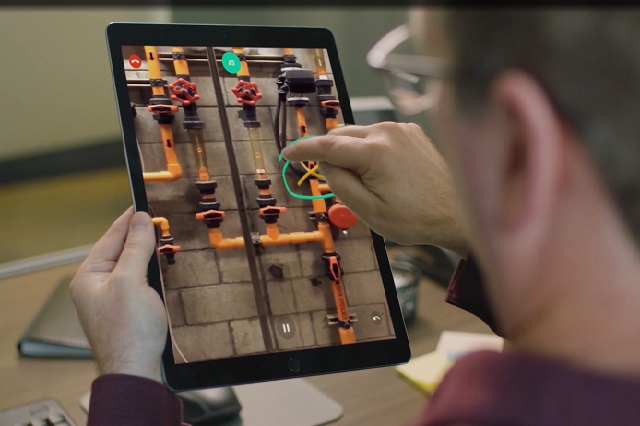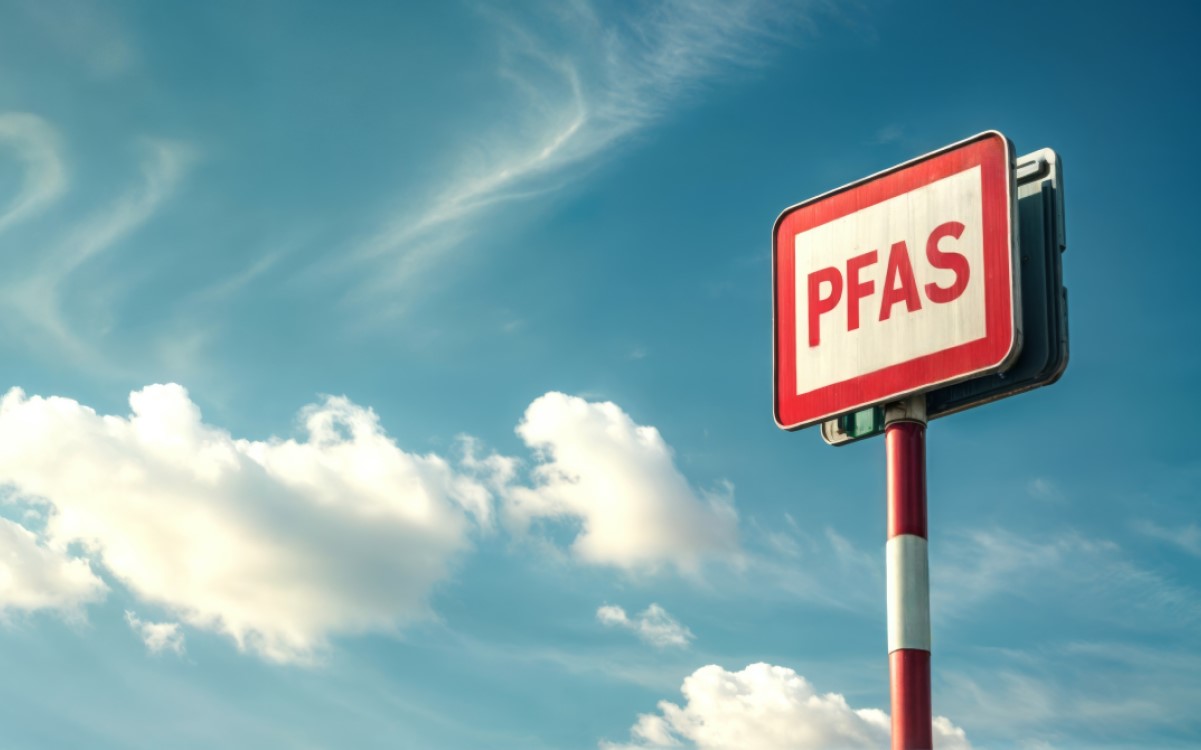The report was carried out by technology consultancy Isle on behalf of the Water Action Platform collaborative initiative.
The study’s aim was to find technologies that can help water utilities deal with the coronavirus public health crisis. Therefore, utilities around the world were asked about their specific challenges in the technical, organizational and operational spheres.
Speaking on the Water Action Platform webinar on 20 August 2020, Isle’s Covid-19 lead, European director Matthew Stephenson said, "This technology review has involved a study of the latest global understanding of the virus in relation to water and wastewater. The most significant impacts on water utilities were the disruption and complication of lockdowns, social distancing measures and staff absence due to illness.
"From early discussions with some water utilities, those who already had remote access to their systems were clearly at an advantage when lockdowns began. One could argue that remote access to systems has been the single most important technology during the pandemic."
Other relevant technologies
Isle’s analysts found 28 technologies that remove or reduce the need to travel to site and offer incremental steps towards a more remote utility operation. These include KickTheMap, a mobile app developed in Switzerland, which enables users to carry out instant 3D-mapping, which Stephenson said was "very useful for initial site surveys and risk assessments".
Another was Vuforia Chalk, an artificial intelligence platform from US-headquartered Rockwell Automation, which allows teams to communicate online and share knowledge intuitively.
Some 200 technologies were reviewed by Isle’s analysts for the Technology Horizon Scan and 100 suitable solutions found, which are now accessible on a purpose-built online portal.
The review
The review was split into four components:
- Virus detection and testing
- Removal and deactivation of the virus
- Remote monitoring and control
- Solutions to help manage the crisis as a whole.
The focus for technologies that can detect the virus in water and wastewater was on field kits offering rapid indication of the presence of SARS-CoV-2. Technologies from Texas-based Water Lens, Luminultra, which is headquartered in Canada, and UK company Oxford Nanopore are all highlighted.
Systems that can make sense of the test data by connecting results with location and advanced analytics for wastewater-based epidemiology were also featured. Technologies highlighted included those from GoAigua in Spain, Biobot Analytics (US) and Kando (Israel/US).
Removing or deactivating the virus
The advice of the World Health Organisation is that traditional water and wastewater processes are sufficient to remove the risk of the virus entering into the water system. However, the review sought specific evidence about which parts of various treatment trains could remove or deactivate the virus in order to give utilities greater clarity and confidence.
Chlorine-based disinfection and UV treatment were found to be particularly well evidenced, but definitive research on ozone treatment was not found by the study. On removal of SARS-CoV-2, it is already known that the larger pore sizes of microfiltration do not guarantee removal of the virus, while the many ultrafiltration, nanofiltration and reverse osmosis technologies, which all have pore sizes less than 50 nm, are effective.
Monitoring staff health
Other technologies highlighted included devices for physiological surveillance to manage staff health. They include many for the fast or mass monitoring of temperature and wearable devices for monitoring vital health indicators, even coughs.
"The Covid-19 Technology Horizon Scan* has been fantastic in bringing forward technologies that we wouldn’t usually have been looking for," said Stephenson. "We have seen a huge array of digital solutions, many around communications, that utilities can pick up and use very quickly.
"The report is also very valuable to utilities in understanding the evidence behind different treatment technologies, to give them the fully picture."
Water Action Platform webinar 17
Water Action Platform webinar 17 also includes the latest research on wastewater epidemiology and Covid-19 and an update on the Crisis Response Register, set up to support organizations on the ground in crises such as the recent explosion in Beirut. It can be viewed here.
The next biweekly open webinar takes place on Thursday 10 September at 7.30 am and 4.30 pm BST. To sign up to receive the invitation click here.
*The Technology Horizon Scan: Managing COVID-19 was funded by 23 water utilities and banks from around the world.







